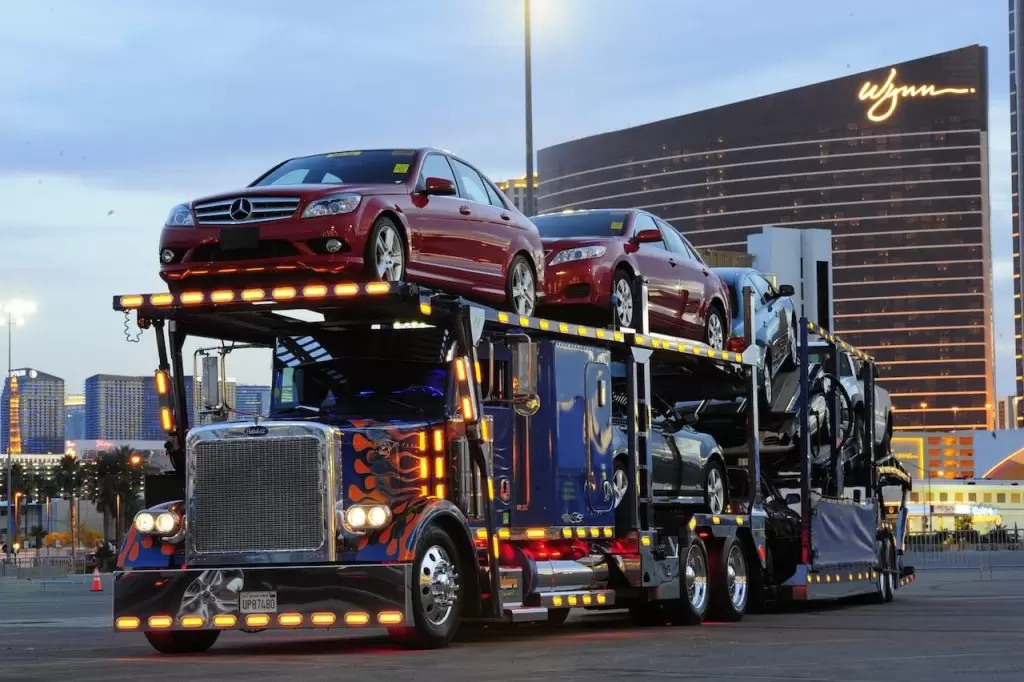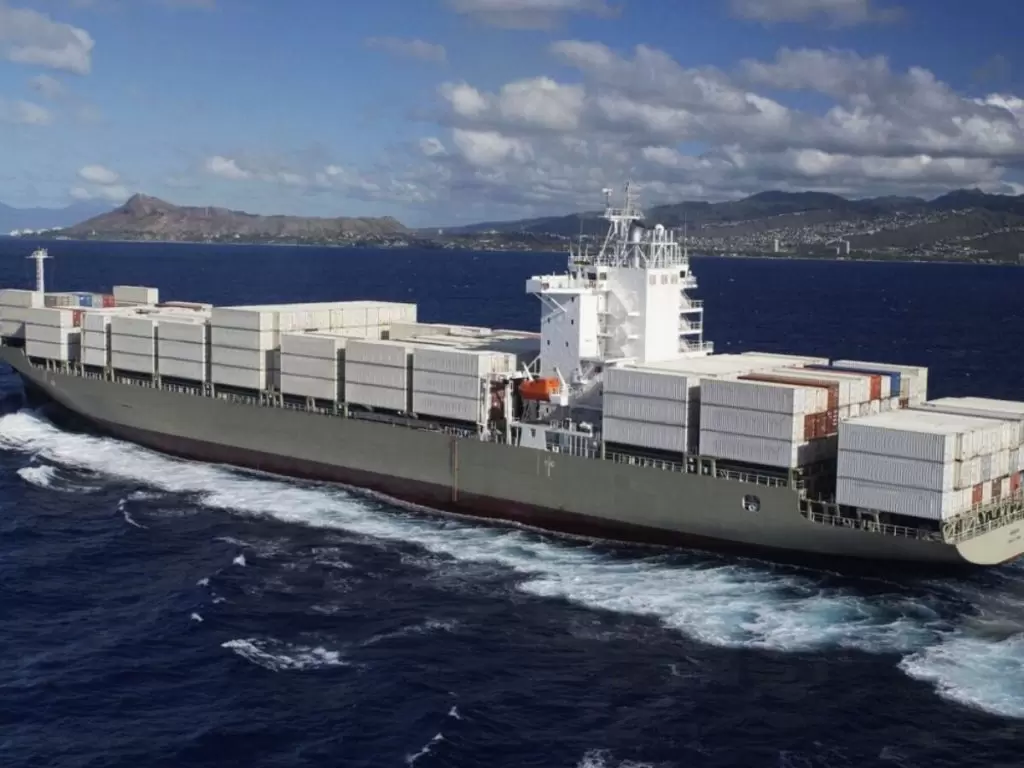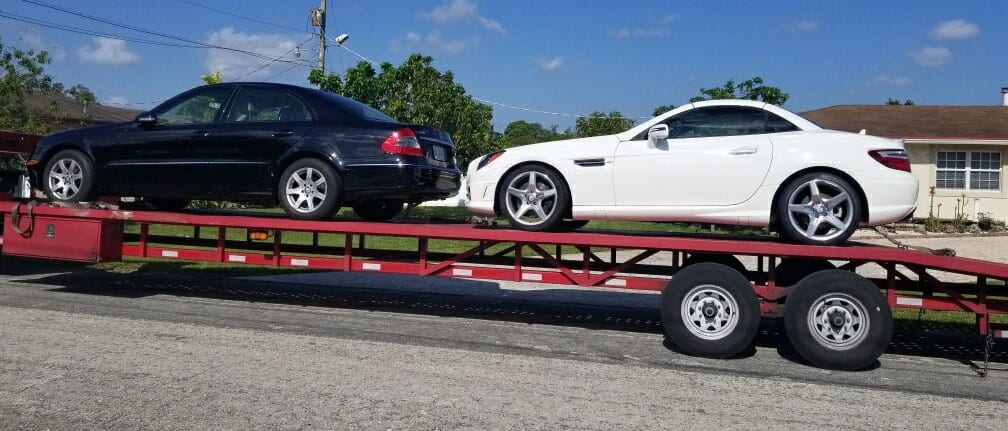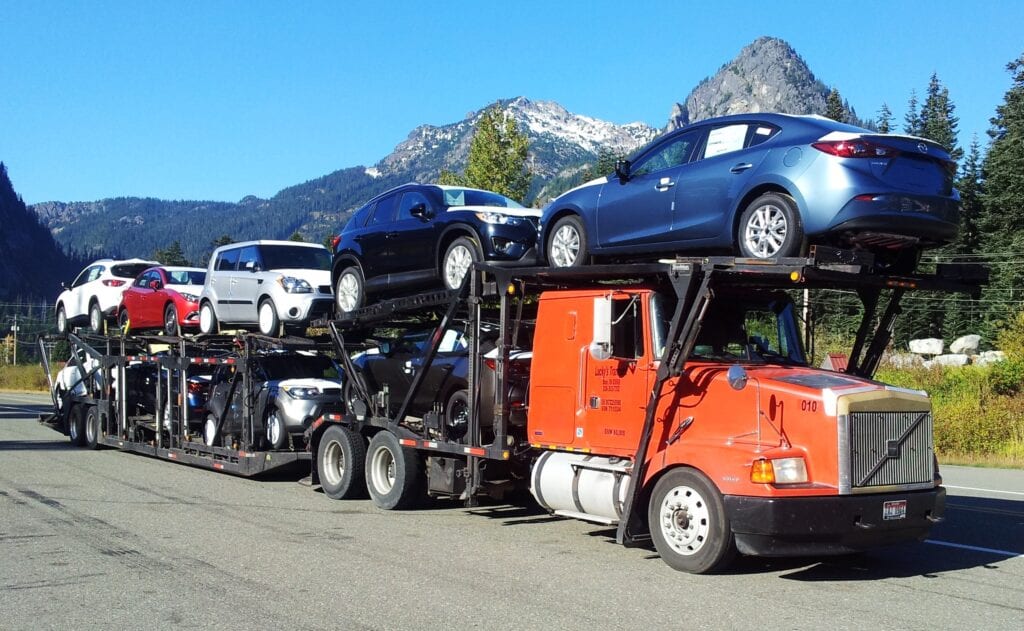Vehicle shipping can be a stressful experience, especially if you’re shipping a truck or a car. It involves careful planning, research, and decision-making to ensure your vehicle arrives at its destination safely and on time.
Understanding the differences between shipping a truck and a car is essential to make the best decision for your vehicle and budget. In this article, we’ll delve into the details of both processes to help you make an informed decision.
Shipping a Car:
When it comes to shipping a car, the process is relatively straightforward. Most auto transport companies will offer you two options for shipping your car: open transport or enclosed transport.
– Open Transport
Open transport is the most common and cost-effective way to ship a car. Your vehicle will be loaded onto an open trailer along with several other cars and might be exposed to harsh elements during transit. This means your car may be subject to road debris, weather conditions, and other potential hazards.
– Enclosed Transport
On the other hand, enclosed transport is a more expensive option for shipping your car. Your vehicle will be loaded into an enclosed trailer designed to protect it from harsh elements. This is the best option if you’re shipping a high-end or exotic car that needs extra protection.
Fill out the form below for a quick and free car shipping quote from eShip, a Better Business Bureau A+ rated transport company!
Shipping a Truck:
Shipping a truck is a bit more complicated than shipping a car. You need to consider several factors when shipping a truck, including the size and weight of the vehicle.
– Size and Weight
Trucks are typically larger and heavier than cars, which means that they require specialized equipment to transport. Most auto transport companies will offer several options for shipping your truck, including flatbed transport or enclosed transport.
– Flatbed Transport
The most common way to ship a truck is through flatbed transport. Your vehicle will be loaded onto a flatbed trailer and secured in place with straps and chains. These trailers are versatile and can accommodate a wide range of trucks, including standard pickup trucks, SUVs, and even some commercial vehicles.
However, your truck will be exposed to the elements during this kind of transport. It’s important to consider the weather conditions along the shipping route and take measures to protect your vehicle.
– Enclosed Transport
Enclosed transport is a more expensive option, but it offers the highest level of protection for your truck during transit. Enclosed trailers protect the vehicle from harsh elements, road debris, and potential theft.
This option is ideal for shipping high-end or custom-built trucks, as they have a higher value and require extra care during shipping.
– Specialized Equipment
In addition to the size and weight of your truck, you also need to consider any specialized equipment it may have. For example, if your truck has a lift kit, oversized tires, or a custom exhaust system, it may not fit onto a standard flatbed trailer.
In this case, you may need a specialized trailer designed to accommodate these modifications. Mention this concern when talking to the transport company to ensure they can meet your needs before you even request a quote from them.
Conclusion
Shipping a truck is different from shipping a car. Trucks are typically larger and heavier than cars, which means that they require specialized equipment to transport. It’s important to understand the differences between shipping a truck and shipping a car so you can choose the best option for your needs.
Looking for a reliable and affordable auto transport company to ship your vehicle? Look no further than eShip! As one of the top three national auto transport companies in the US, we offer safe and secure shipping for all kinds of vehicles, from cars to trucks and more. Call us today to get a quote.








